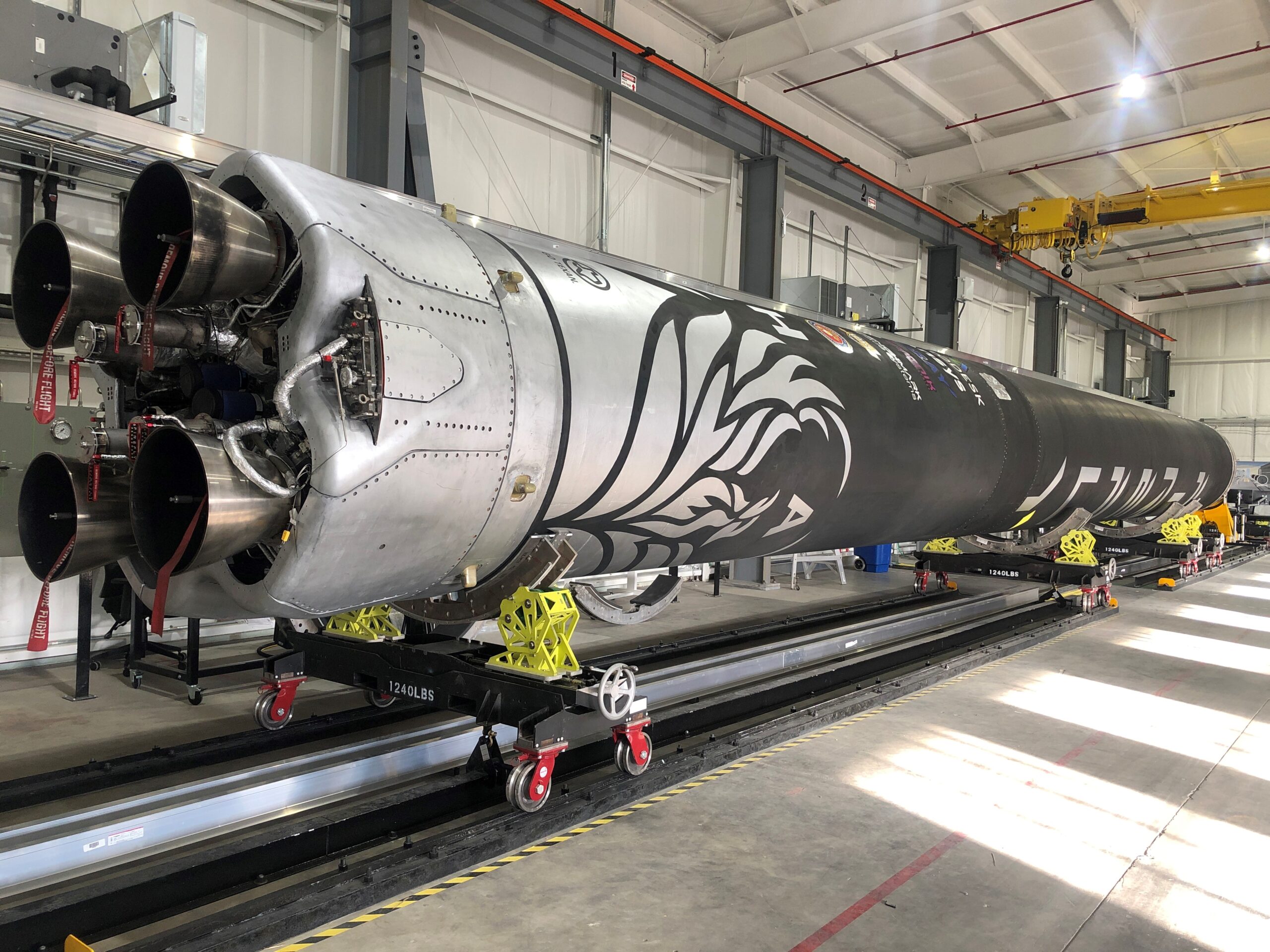Firefly Aerospace’s Alpha Rocket Launch Hailed a Success
6th Sep 2021
Firefly Aerospace’s launch that took place on 2nd September from the Vandenberg Space Force Base in California experienced an anomaly two and a half minutes after launch. Even though the rocket was lost, the company’s officials are optimistic about their tech because this debut Alpha rocket launch was primarily a test.
In fact this initial test was considerably more successful than SpaceX’ maiden launch which exploded before even getting off the ground.
Firefly Aerospace’s Alpha Rocket Launch Details
The latest launch date – 2nd September – was announced in mid-August, and since then, everything was going according to plan. Before late August, there have been some deviations from the schedule. According to Tom Markusic, Firefly’s CEO, Firefly Aerospace’s launch was a year delayed by that time. The reason is that an essential component was not delivered to Firefly on time. Markusic did not name the component or the vendor.
DREAM, Dedicated Research and Education Accelerator Mission, is a payload that Alpha was supposed to carry for free to assist academics and some other private organisations. The next scheduled payload will be a commercial one and might take place this December. Still, since the Firefly Aerospace’s launch ended in a rocket explosion, it is not yet clear if this commercial mission will take place on time.
Before the launch, Markusic pointed out the high risks of launching the rocket for the first time. He said that if anything went wrong (as it did), eliminating the flaws would take from several weeks to several months. But the CEO is sure that any potential problems related to Firefly Aerospace’s launch can be solved very quickly. He was inspired by the latest static rocket test that took 15 seconds and said that if they could let the rocket fly, it would. Besides this one, there were 20+ hot fire tests that were rather successful, too.
Even though the latest Firefly Aerospace’s launch was cut short due to the anomaly, the company management highlights the flight was primarily a test one and is still optimistic about its odds in the launch market.
Firefly Official Response to the Latest Rocket Launch Anomaly
Firefly top officials commented on the situation, stating that anomalies during the flight were preceded by a symbolic countdown and rocket takeoff at 12:59 GMT. The company did not achieve all the planned goals of its mission, but some milestones were still a success: the ignition of the first stage engines, takeoff from the launch pad, and the transition to supersonic speed. Most importantly, Firefly received a significant amount of flight data.
More than 2 minutes after the flight of the Alpha rocket, an anomaly occurred, which led to the premature termination of the mission. Firefly states that its team is always concerned about the safety of its employees, partners, and the community. Therefore, the company is pleased to report that the anomaly did not cause any damage.
It is too early to draw conclusions about the key cause of the anomaly. Firefly will conduct a detailed investigation together with representatives of the FAA (US Federal Aviation Administration) and the US Air Force Base Vandenberg. It will use the data obtained during the test flight and take it into account during subsequent missions. The engineers are studying thousands of ground-based and flight system telemetry lines to better understand what really happened.
Firefly thanked the teams of the Vandenberg Space Forces Base and the Space Launch Delta 30, which launches rockets from the West Coast, for their partnership and the FAA for its continued support. The company will provide more updates when they have more data.
In this regard, Max Polyakov, co-founder of the company, which bought its assets in 2017 after bankruptcy, said: “Today is a historic day for Firefly. I am grateful to the team that put a lot of effort into making Firefly’s vision a reality. In 4 years, the company has developed and launched a rocket and is now developing a lunar module Blue Ghost, which will go to the moon in partnership with NASA in 2023. A significant achievement in such a short period of time!”
Firefly’s Further Plans After Latest Alpha Rocket Launch
As Firefly and the FAA investigate the anomaly, everyone remains optimistic about Alpha’s future. As history shows, very few maiden flights turn out 100% successful and even established businesses like SpaceX and Virgin Orbit experienced their fair share of anomalies and rocket explosions. Hopefully, the next Firefly Aerospace’s Alpha rocket launch will be a success, opening opportunities for selling engines similar to the one used in Alpha.





Thank you for your comment! It will be visible on the site after moderation.